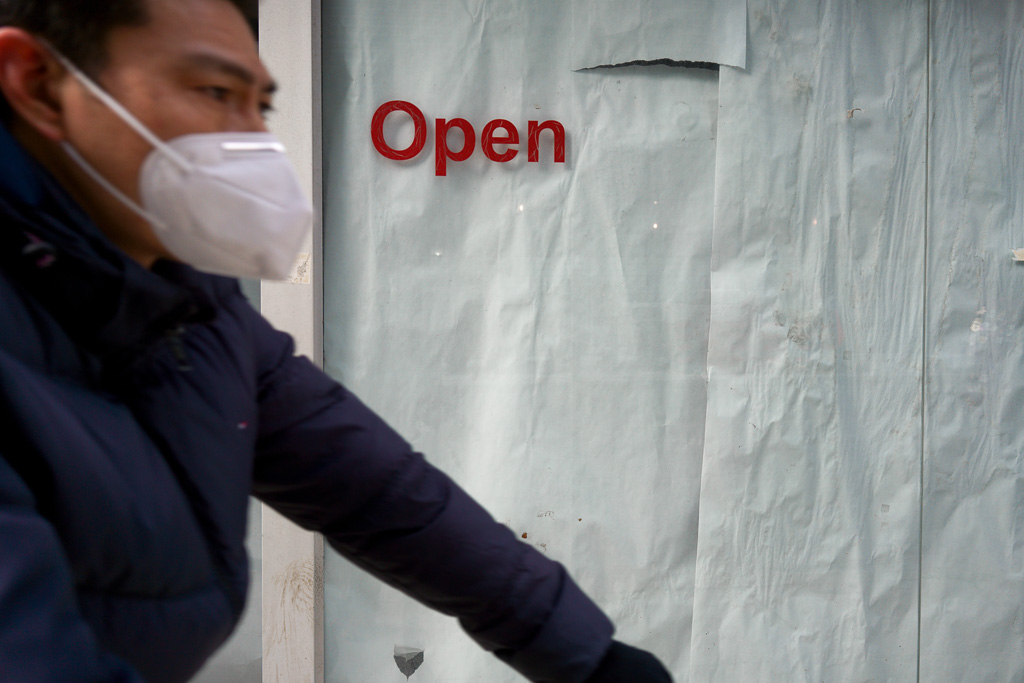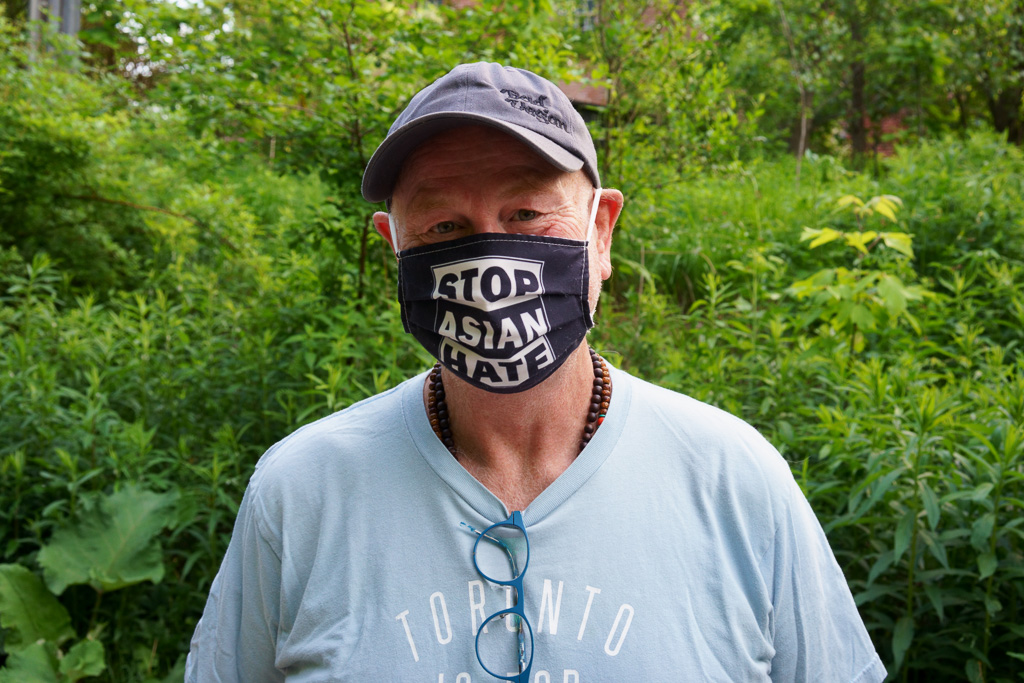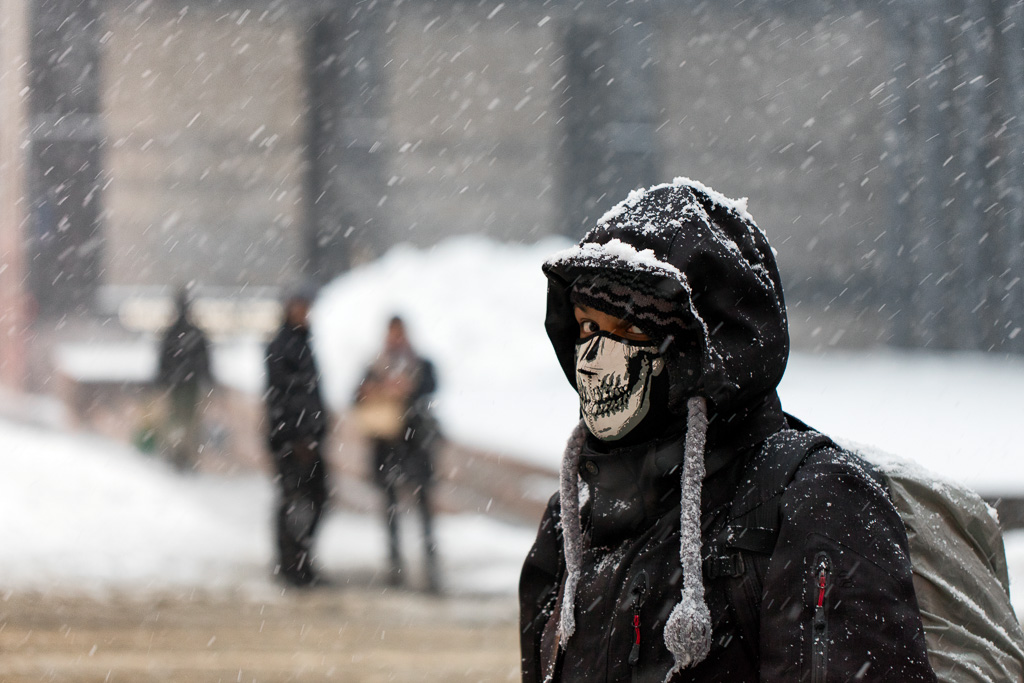Things are opening up now.
That’s what Jeremy’s father had said when his parents came upstairs to his bedroom to tell him he’d be going back to school.
But I’m already at school, and Jeremy pointed to the tablet sitting upright on his makeshift desk.
Honey, we’re talking about real school. You’ll get to see your friends.
Jeremy didn’t think much of his first day back at real school. The problem with friends at real school is that when they shove you at recess you fall down in the pea gravel and tear a real hole in the knees of the new jeans your mother bought you special and when you get home you’ll have to tell your mother how you tore your jeans on the first day and she’ll give you a lecture about not appreciating all that you have. Jeremy didn’t see how appreciating your new jeans would keep your so-called friends from shoving you at recess. Maybe he’d figure that one out when he got older. If his friends didn’t kill him first.
On the way home after his first day of opened up school, Jeremy noticed something he’d never noticed before. Standing at one end of the longest street between school and home, Jeremy looked to the far end of that street and saw how it was littered with discarded masks. Most were blue or white. Some were cloth with logos or patterns stamped onto them. A couple were funny, with cartoon characters or teeth or giant lips. Some lay in the dirt by the curb. The wind had blown a few under shrubs in front of the building where he went to get his teeth cleaned. There was even a mask hanging from the lowest branch in a tree. When Jeremy got close, he saw that it was an Arthur the nerdy aardvark mask, nothing any normal child would wear.
Jeremy had an idea. His mother would give him proper hell for this one but, seeing as she was already going to give him proper hell for the knees of his new jeans, he didn’t see how things could get worse. He pulled off his own mask, a white N95, and tucked it into his back pack. Then he pulled down the Arthur the nerdy aardvark mask and put it on. It didn’t smell as bad as he thought it might. He could hear his mother scolding him, telling him he was being gross, yelling at him about germs and the need to be hygienic. Jeremy didn’t know what the word hygienic means but he figured it had something to do with not putting on masks that other people have worn.
As soon as Jeremy put on the mask, it felt as if he was somewhere else, like someone had flipped a switch and there he was, instantly transported. He could hear three older kids, like the bullies he knew from school, teasing him. Only they didn’t call him Jeremy. They called him Arthur, or shitface, and they kicked him, and when he wet himself, they howled like animals. Jeremy tore off the mask and when he looked down at his crotch, he saw that his jeans were dry. What he’d felt seemed real enough but it must have been virtual, like going to school on his tablet before the world opened up.
Jeremy threw the Arthur the nerdy aardvark mask into the bushes and tried another mask, a blue medical mask that was clean except for a patch of lipstick on the inside. Right away, the mask dunked him in a world of chatty Cantonese and, for reasons couldn’t grasp, she understood every word. She was complaining to a friend that she never had enough money, always behind on the rent and the car payments, and although the books she kept told her there should be enough, there wasn’t; the money seemed to evaporate. She worried that her husband was gambling again. If one of them got infected and they couldn’t work, she didn’t know what they’d do. When Jeremy pulled off the blue medical mask, he found that he was gripping his stomach like there was an acid hole burning through the middle of it.
Finally, Jeremy put on a mask the colour of night. It was dirtier and smelled of something he couldn’t name, though it reminded him of the smell on his father’s breath whenever he went out with the men his mother didn’t like. There was a sweet yeastiness mixed in with the mud. He became a man of few words, with no friends to speak of, who drifted through the streets cadging coins from strangers and taking shelter underneath the bridge behind the school. He didn’t like to wear a mask, but he needed it to get into certain places, like the shelter where he sometimes slept, and the clinic where they treated the scabs on his feet. He’d only had the one mask for months but now he knew where he could score a clean one.
Jeremy tossed the black mask onto the street and ran home. He didn’t understand why everybody was so excited about the world opening up. As far as he could tell, it was open enough. Any more open, and it would make him bananas.


